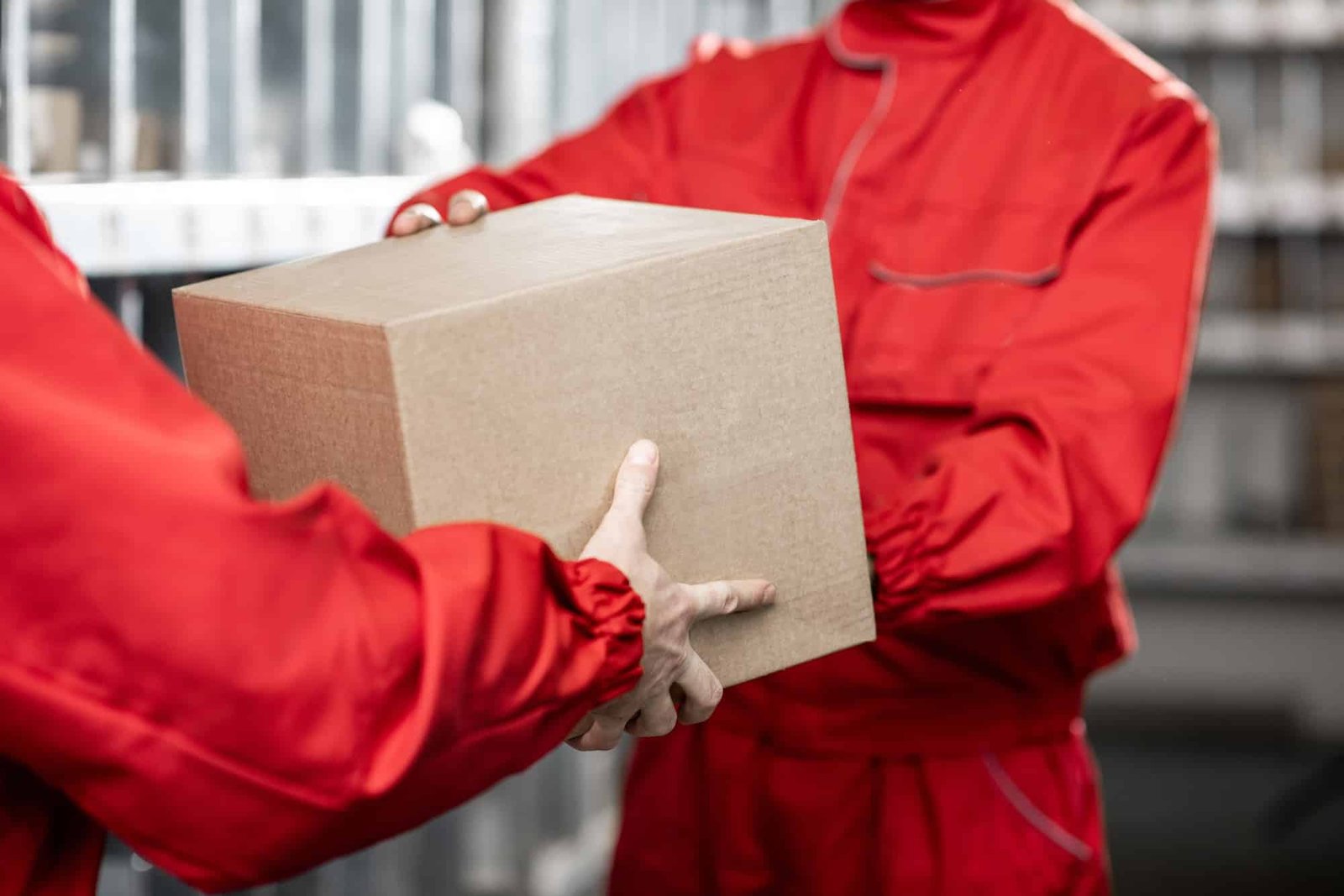Industrial processes require precision and reliability, and choosing the right type of tape can make a significant difference in quality and cost. Paper tapes have gained popularity in various sectors due to their unique properties and affordability. From automotive painting to delicate masking tasks, paper tapes are a versatile tool that meets many industrial needs without breaking the budget.
Paper tapes are flexible, easy-to-apply, and highly adaptable tools that are invaluable in industrial settings. They offer practical solutions for a wide range of applications, from precise masking in automotive painting to protective wrapping in furniture manufacturing and construction. Suitable for both small-scale and large-scale projects, paper tapes excel in delivering reliable performance across industries due to their durability, ease of use, and compatibility with various surfaces and treatments.
Curious about how paper tapes could work for your specific applications? Let’s explore their benefits, materials, and types to help you decide.
Why Use Paper Tapes?
Paper tapes stand out because of their excellent adhesion, ease of removal, and customizable grades that suit a wide range of applications. They are often impregnated or coated to resist high temperatures and moisture, which makes them a top choice for precision tasks.
These tapes are crafted to suit everything from simple masking to complex coating processes. Their adaptability, strength, and affordability make them indispensable in automotive, appliance manufacturing, and more.
Essential Qualities of Paper Tapes
Paper tapes are designed with key characteristics in mind, making them highly functional for a wide array of uses. This includes factors such as adhesion, backing materials, and coating types. These unique qualities set paper tapes apart:
• Adhesion: Paper tapes are made with natural rubber, acrylic, or hot-melt adhesives, each serving different adhesion needs based on the application.
• Backing Materials: From kraft to crepe paper, these backings provide flexibility and strength, accommodating different masking and packaging needs.
• Temperature and Weather Resistance: Many paper tapes are treated to withstand high heat or outdoor conditions, a vital feature for industries like automotive and construction.
• Ease of Application and Removal: The tapes stick firmly but can be removed cleanly without damaging surfaces, a feature essential for masking applications in painting and plating.
Industry Applications
Paper tapes offer significant advantages in a variety of industries due to their versatility and adaptability. Let’s delve into their role across different sectors.
Automotive and Aerospace
In these industries, precision is paramount. Paper tapes are essential for masking tasks during painting, powder coating, and sandblasting. Thanks to their strong adherence and clean removal, they keep unpainted surfaces spotless, enhancing productivity and reducing costs associated with touch-ups.
Furniture and Appliance Manufacturing
Furniture and appliance industries rely on paper tapes for their smooth application and resistance to stains and scratches. In these settings, tapes often need to conform to complex shapes, making crepe paper or saturated paper a great choice.
Decorative Glass and Metalwork
Paper tapes are valuable for detailed work such as decorative glass etching and metal plating. Their ability to withstand exposure to chemicals, high temperatures, and abrasive particles allows artisans to create precise, intricate designs.
Packaging and Logistics
For secure packaging and logistics, paper tapes provide strong bonding properties that withstand moisture and pressure. Their eco-friendliness and robust adhesive make them ideal for sustainable and reliable sealing in packaging applications.
Types of Paper Tapes and Their Uses
Paper tapes come in various types, each catering to specific needs. Here’s a look at the most commonly used ones:
1. Masking Tape: Used for temporary protection during painting and coating applications. These tapes are easy to tear and leave minimal residue, making them popular for both automotive and industrial settings.
2. Kraft Paper Tape: Often used for sealing cartons and heavy-duty packaging. With a natural rubber adhesive, it provides a strong bond and can resist humidity, making it ideal for outdoor shipping needs.
3. Crepe Paper Tape: Its stretchable backing is perfect for uneven surfaces and curves, allowing it to hold up well under pressure. Crepe tapes are commonly used for furniture making and appliance assembly.
4. Flatback Tape: Known for its smooth surface and strength, flatback tape is used in splicing, packaging, and labeling applications where durability and ease of removal are key.
5. Saturated Paper Tape: Enhanced with water or chemical-based treatments, these tapes are highly durable and resistant to environmental factors, making them suitable for outdoor masking and high-temperature applications.
FAQ: Common Questions About Paper Tapes
What makes paper tape different from other types of tape?
Paper tapes are made from a paper backing rather than plastic or metal, which makes them more flexible and eco-friendly. They can be customized to different thicknesses and strengths, making them versatile for both industrial and home use.
Are paper tapes eco-friendly?
Yes, many paper tapes are recyclable and biodegradable, particularly kraft paper tapes. These tapes are often chosen as a sustainable option for packaging and logistics.
How do I choose the right paper tape for high-temperature applications?
For high-temperature applications, look for tapes with special heat-resistant coatings or those made with natural rubber adhesives. Saturated paper tapes, in particular, are a good choice for such conditions.
Can paper tape be used outdoors?
Yes, kraft paper tape and other treated varieties can withstand outdoor conditions. However, make sure to select a tape rated for moisture and UV exposure to ensure long-lasting performance.
What is the difference between crepe and kraft paper tapes?
Crepe paper tapes are flexible and can conform to uneven surfaces, making them suitable for complex shapes. Kraft paper tapes are stronger and more rigid, ideal for heavy-duty packaging and sealing.
Is paper tape suitable for delicate surfaces?
Yes, paper tapes can be formulated to adhere gently without damaging surfaces. Masking tapes, in particular, are designed for easy removal, making them suitable for delicate applications like painting or decorative work.
Conclusion
Paper tapes offer a balance of versatility, strength, and environmental friendliness that makes them invaluable in many industries. Whether you’re working in automotive, packaging, or decorative arts, paper tapes provide an adaptable and cost-effective solution to meet your specific needs.






